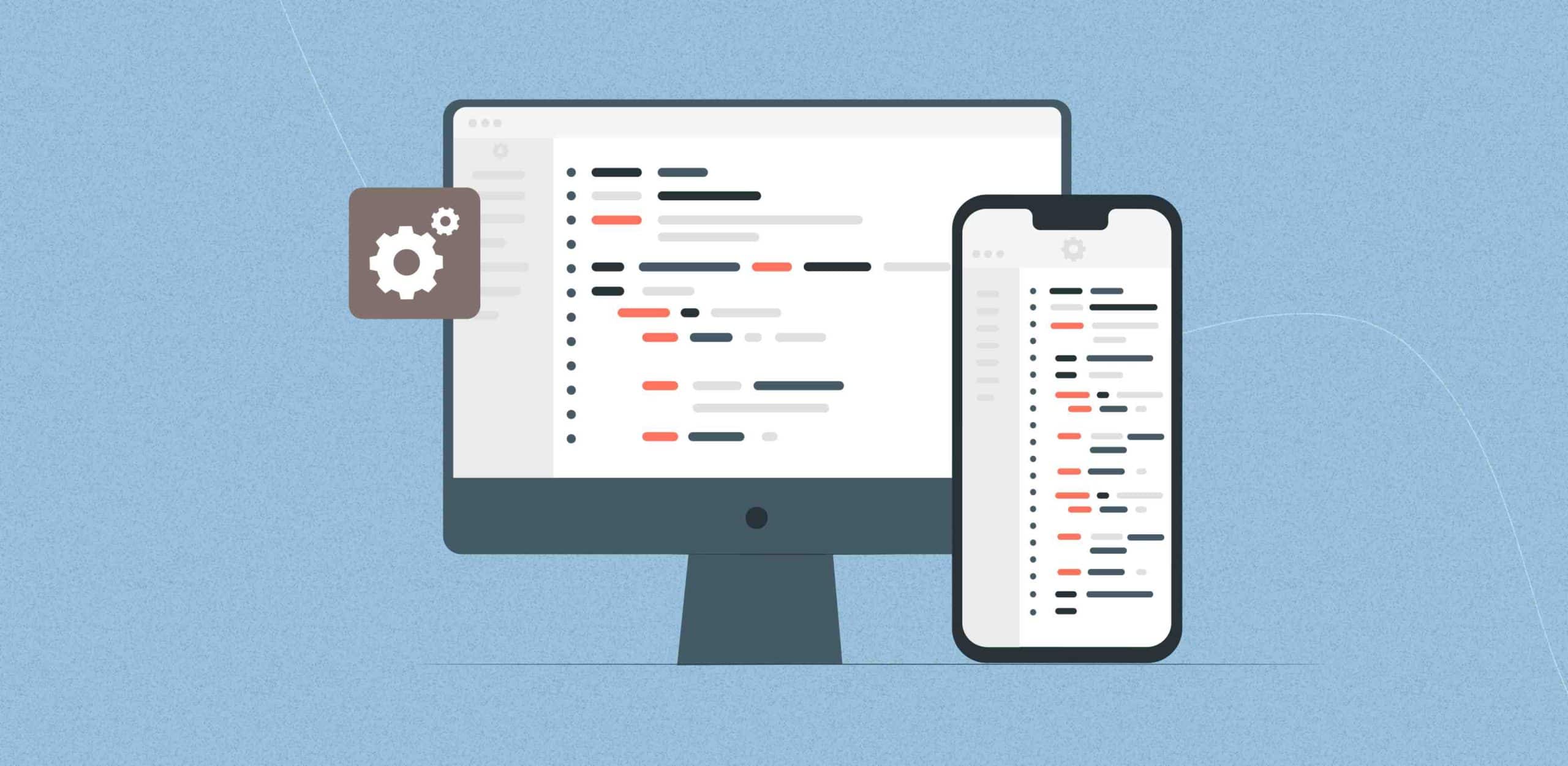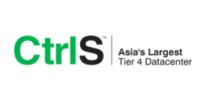Healthcare software development has revolutionized the way medical professionals provide care, manage patient information, and streamline administrative processes. Custom healthcare software development has emerged as a powerful tool to address the unique needs and challenges of healthcare organizations. By tailoring software solutions to specific requirements, healthcare providers can enhance efficiency, improve patient outcomes, and ensure data security and compliance.
What is Custom Healthcare Software Development?
Custom healthcare software development involves the creation of personalized software solutions that cater to the specific needs of healthcare providers. Unlike off-the-shelf software, custom development allows for a tailored approach, ensuring that the software aligns perfectly with the organization’s workflows, processes, and goals.
Custom healthcare software development considers various factors such as the size of the organization, the complexity of healthcare operations, and the specific regulatory requirements that govern the healthcare industry. This approach offers a range of benefits, including enhanced data security, improved patient experience, and increased operational efficiency.
How does Custom Healthcare Software Development ensure security and compliance for your app solution?
Data security and compliance are critical considerations in the healthcare industry. Patient confidentiality, regulatory compliance, and protection against cyber threats are of utmost importance. Custom healthcare software development addresses the following concerns in several ways:
Tailored Security Measures: Custom software solutions allow healthcare organizations to implement robust security measures that are specifically designed to safeguard sensitive patient data. Custom-built applications can incorporate advanced authentication protocols, data encryption, access controls, and audit trails to ensure that patient information remains secure and confidential.
Compliance with Regulatory Standards: Healthcare software must follow strict regulatory standards such as HIPAA (Health Insurance Portability and Accountability Act) and GDPR (General Data Protection Regulation). Custom healthcare software development ensures that these compliance requirements are met, reducing the risk of legal issues and penalties. Developers can integrate necessary features like data encryption, consent management, and audit logs to meet regulatory guidelines.
Regular Updates and Maintenance: The healthcare industry is constantly evolving, with new threats and compliance standards emerging regularly. Custom software development allows healthcare organizations to stay up to date with the latest security measures and regulatory changes. Regular updates and maintenance ensure that the software remains secure, compliant, and protected against new vulnerabilities.
Risk Assessment : Custom healthcare software development begins with a thorough risk assessment process. Development teams analyze potential vulnerabilities and risks specific to the healthcare industry, such as data breaches or unauthorized access. This proactive approach allows for the implementation of appropriate security measures to avoid risks effectively.
Role-based Access Controls: Custom healthcare software development enables the implementation of role-based access controls (RBAC). RBAC ensures that only authorized personnel can access sensitive patient data or perform specific actions within the software. By defining access levels and permissions based on job roles, healthcare organizations can enhance data security and maintain compliance with regulatory standards.
Secure Authentication Mechanisms: Custom-built healthcare software solutions prioritize secure authentication mechanisms to prevent unauthorized access. Multi-factor authentication (MFA) techniques, such as biometric verification or one-time passwords, can be integrated into the software to ensure that only authorized individuals can access patient information or perform critical actions.
Audit Trails and Logging: To meet compliance requirements and enhance security, custom healthcare software development incorporates robust audit trail and logging features. These features track and record all user activities within the software, including data access, modifications, and system changes. Detailed audit trails enable healthcare organizations to monitor user behavior, investigate security incidents, and ensure accountability.
Encryption of data at rest and in transit: Custom healthcare software development includes robust encryption protocols to protect patient data both at rest (stored in databases or servers) and in transit (during transmission). Encryption algorithms ensure that sensitive data is converted into unreadable ciphertext, making it inaccessible to unauthorized users. This encryption safeguards patient information, minimizing the risk of data breaches.
Regular Security Audits and Penetration Testing: Custom healthcare software undergoes regular security audits and penetration testing. These assessments identify potential vulnerabilities and weaknesses in the software, allowing developers to address them proactively. By conducting regular security audits and penetration tests, healthcare organizations can ensure that their software remains safe against evolving cyber threats.
Compliance Monitoring and Updates: Custom healthcare software development includes mechanisms to monitor compliance with regulatory standards. Development teams stay updated with the latest changes in healthcare regulations, such as HIPAA or GDPR, and implement necessary updates to ensure continued compliance. This proactive approach helps healthcare organizations avoid potential legal issues and penalties.
Disaster Recovery and Business Continuity Planning: Custom-built healthcare software solutions often incorporate disaster recovery and business continuity planning. These measures ensure that data remains secure and accessible even in the event of system failures, natural disasters, or other emergencies. Regular backups, redundancy measures, and failover mechanisms help healthcare organizations maintain uninterrupted access to critical patient information.
Contact us today to discuss your healthcare software needs and start transforming your operations with a custom solution.
What are the Advantages of Outsourcing Your Healthcare Software Development?
Outsourcing healthcare software development offers numerous benefits for healthcare organizations:
Access to Expertise: Outsourcing allows healthcare organizations to tap into the expertise of experienced software developers who specialize in healthcare solutions. These professionals possess in-depth knowledge of industry-specific requirements, security standards, and compliance regulations, ensuring the software is developed to the highest standards.
Cost-effectiveness: Developing software in-house can be costly, requiring infrastructure, hiring, and ongoing training expenses. Outsourcing healthcare software development eliminates these overhead costs, allowing organizations to allocate resources more efficiently and focus on core competencies.
Faster Time to Market: Outsourcing enables healthcare organizations to accelerate the development process. Experienced development teams can efficiently design, develop, and deploy software solutions, reducing time to market and enabling organizations to start reaping the benefits of their software sooner.
Scalability and Flexibility: Outsourcing healthcare software development provides the flexibility to scale your software solution as your organization grows. Whether you need to add new features, accommodate more users, or expand your software’s capabilities, outsourcing allows for seamless scalability without the need for extensive infrastructure investments or additional hiring.
Focus on Core Competencies: By outsourcing software development, healthcare organizations can focus on their core competencies, such as providing quality patient care and improving operational processes. Instead of allocating valuable resources and time to software development, outsourcing allows healthcare professionals to concentrate on what they do best while leaving the technical aspects to expert developers.
Collaboration and Support: Outsourcing healthcare software development often involves close collaboration between the healthcare organization and the development team. This collaborative approach ensures that the software aligns with the organization’s vision, goals, and workflows. Additionally, reputable development firms provide ongoing support, including maintenance, updates, and troubleshooting, to ensure the smooth functioning of the software solution.
Competitive Advantage: By outsourcing software development, healthcare organizations gain a competitive edge in the market. Access to specialized expertise and cutting-edge technologies allows for the development of innovative and feature-rich software solutions. With a custom software solution that meets the specific needs of the organization, healthcare providers can differentiate themselves from competitors and deliver a superior patient experience.
Enhanced Quality Assurance: Professional software development firms follow rigorous quality assurance processes to ensure the delivery of high-quality software solutions. They conduct thorough testing, including functional testing, performance testing, and security testing, to identify and resolve any potential issues before deployment. This meticulous approach to quality assurance guarantees a reliable and robust software solution for healthcare organizations.
Long-Term Partnership: When outsourcing healthcare software development, organizations often establish long-term partnerships with development firms. This partnership extends beyond the initial development phase, as the software requires ongoing maintenance, updates, and support. Building a long-term relationship ensures continuity and a reliable support system for the software solution throughout its lifecycle.
Conclusion
In an era where healthcare organizations face mounting pressure to ensure data security and comply with regulatory standards, custom healthcare software development emerges as a strategic solution. By opting for custom-built applications, healthcare providers can safeguard patient data, ensure compliance, and streamline their operations effectively.
If you’re seeking a reliable and experienced partner for healthcare software development, we are here to help. Our team of skilled developers specializes in creating secure, compliant, and user-friendly software solutions tailored to your organization’s unique requirements. Contact us today to discuss your healthcare software needs and take a step towards transforming your healthcare operations.
Partner with us for custom software development!
F. A. Q.
Do you have additional questions?
Why is data security crucial in healthcare software development?
Data security is vital in healthcare software development because it ensures the protection of sensitive patient information. Patient confidentiality, regulatory compliance, and safeguarding against cyber threats are critical considerations in the healthcare industry. Custom healthcare software development incorporates robust security measures, such as data encryption, authentication protocols, and access controls, to ensure that patient data remains secure and confidential.
How does custom healthcare software development address regulatory compliance?
Custom healthcare software development considers regulatory standards such as HIPAA and GDPR. By tailoring software solutions to specific compliance requirements, custom development reduces the risk of legal issues and penalties. Developers can integrate features like data encryption, consent management, audit logs, and role-based access controls to meet regulatory guidelines and ensure compliance throughout the software development process.
What advantages does outsourcing healthcare software development offer?
Outsourcing healthcare software development provides several advantages for healthcare organizations. Firstly, it grants access to expertise from experienced software developers specializing in healthcare solutions. Secondly, it is cost-effective, eliminating the need for infrastructure investments and ongoing training expenses. Additionally, outsourcing accelerates the development process, reducing time to market and allowing organizations to start benefiting from the software sooner. Outsourcing also enables healthcare providers to focus on their core competencies while ensuring the development of secure, compliant, and efficient software solutions.
How does custom healthcare software development stay up to date with evolving security measures?
Custom healthcare software development ensures that healthcare organizations stay up to date with the latest security measures through regular updates and maintenance. Development teams continuously monitor and assess industry trends, emerging threats, and regulatory changes. By implementing regular updates and maintenance, custom software solutions remain secure, compliant, and protected against new vulnerabilities.
What steps are taken to ensure the quality and reliability of custom healthcare software solutions?
Custom healthcare software solutions undergo rigorous quality assurance processes. This includes comprehensive testing, such as functional testing, performance testing, and security testing. Thorough testing identifies and resolves any potential issues before deployment, ensuring the delivery of a high-quality, reliable software solution. Additionally, development firms provide ongoing support, including maintenance, updates, and troubleshooting, to ensure the smooth functioning of the software throughout its lifecycle.














